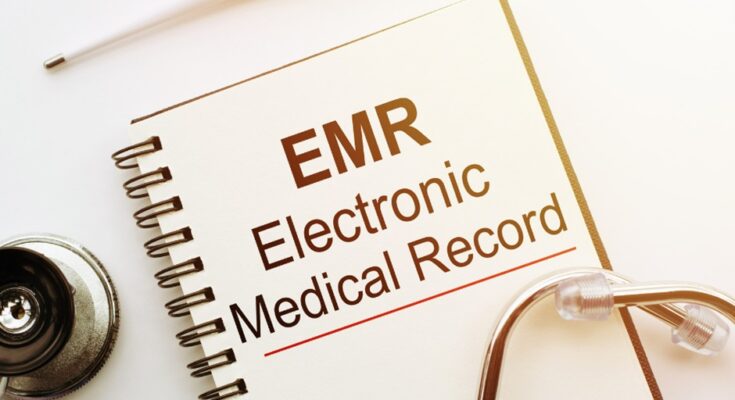Substance use disorders (SUDs) are a major public health concern, affecting millions of people worldwide. These disorders not only have a negative impact on the individual’s physical and mental health but also on their social and economic well-being. Despite the availability of effective treatments, there are significant gaps in access to care for individuals with SUDs. One approach that has shown promise in improving outcomes for SUDs is integrated care, which involves the coordination and collaboration of multiple healthcare providers to deliver comprehensive and holistic care. Electronic medical records (EMRs) play a crucial role in supporting this model of care. In this article, we will explore the role of EMRs in supporting integrated care for substance use disorders.
Understanding Integrated Care
Integrated care is a patient-centered approach that focuses on providing coordinated and comprehensive care to patients with complex healthcare needs. This model recognizes that individuals with SUDs often have co-occurring physical and mental health conditions, which require a team-based and collaborative approach to treatment. Integrated care involves the integration of medical, behavioral, and social services to address these complex needs holistically.
The Role of EMR in Supporting Integrated Care
EMRs are digital versions of a patient’s paper chart that contain their complete medical history, diagnoses, medications, laboratory results, and other relevant information. EMRs have become an essential tool in modern healthcare as they provide numerous benefits, such as improved accuracy, accessibility, and efficiency of patient data. In the context of integrated care for SUDs, addiction treatment providers for EMR can play a crucial role in supporting this model of care. Here’s how:
Comprehensive Patient Information
EMRs provide a centralized platform for healthcare providers to access and share a patient’s complete medical history, including their substance use treatment records. This comprehensive view of the patient’s health allows providers to make well-informed decisions about their care and ensures that all aspects of the patient’s health are taken into account. For individuals with SUDs, this is especially important as they often have complex medical and psychiatric needs that require a coordinated approach to treatment.
Care Coordination
EMRs allow for seamless communication and collaboration among different providers involved in a patient’s care. This is particularly essential in integrated care models, where multiple healthcare professionals from various disciplines work together to deliver holistic care. Through EMRs, providers can share treatment plans, progress notes, and other relevant information in real time, ensuring that all team members are on the same page and working towards the same goals.
Decision Support Tools
EMRs also come equipped with decision support tools such as medication alerts, drug-drug interaction checks, and clinical guidelines. These tools help healthcare providers make informed decisions about medication management, treatment options, and other aspects of care. In the context of SUDs, these decision support tools can be particularly useful in identifying potential drug interactions and preventing adverse events related to medications used in addiction treatment.
Data Collection and Analysis
EMRs also play a crucial role in collecting and analyzing data for quality improvement purposes. By capturing data on treatment outcomes, patient satisfaction, and other relevant metrics, EMRs can help identify areas for improvement in the delivery of integrated care for SUDs. With this information, healthcare providers can make necessary adjustments to their approach and continuously work towards improving the quality and effectiveness of care.
Conclusion
EMRs play a vital role in supporting integrated care for SUDs. They provide types of EMR systems with a comprehensive view of the patient’s health, facilitate care coordination among different providers, offer decision support tools, and enable data collection and analysis for quality improvement. As integrated care continues to gain recognition as an effective model for treating SUDs, the use of EMRs will become even more critical in supporting this approach and improving outcomes for individuals struggling with substance use disorders. So, it is important for healthcare providers to have access to EMRs and utilize them effectively in delivering comprehensive and coordinated care to individuals with SUDs.




